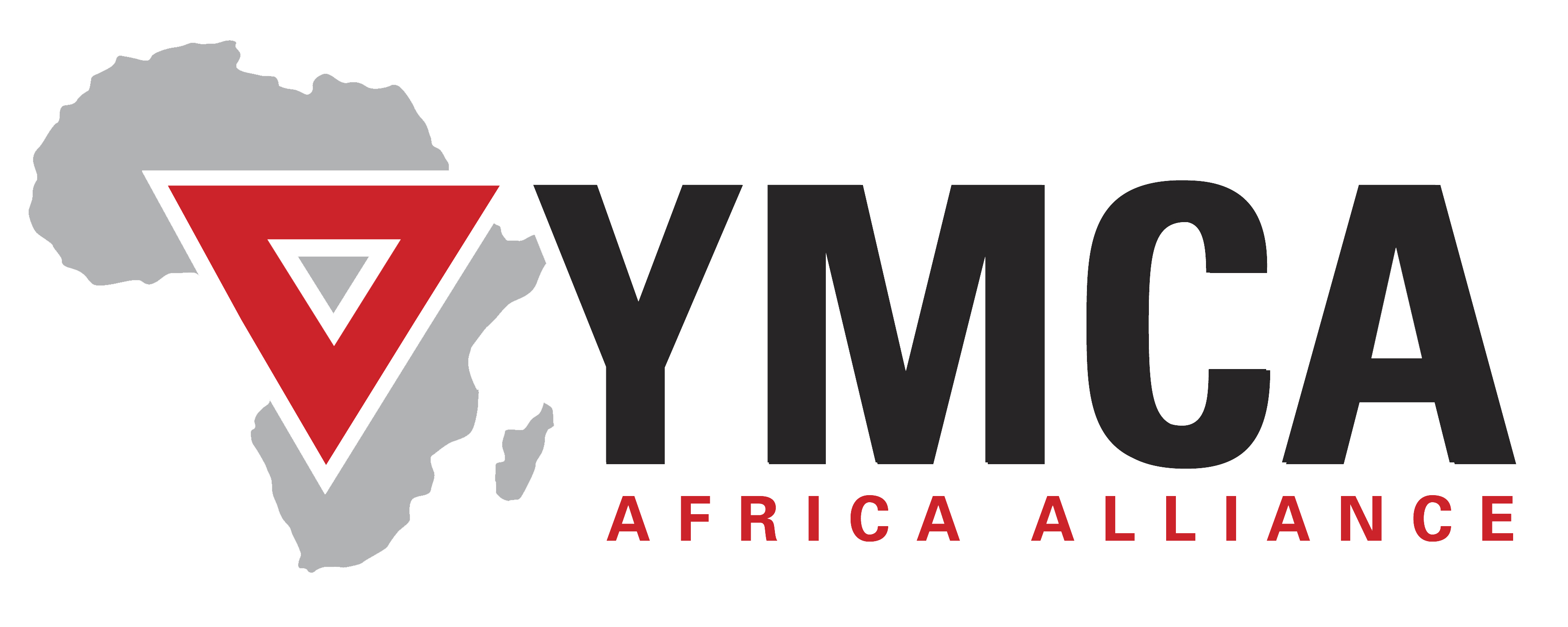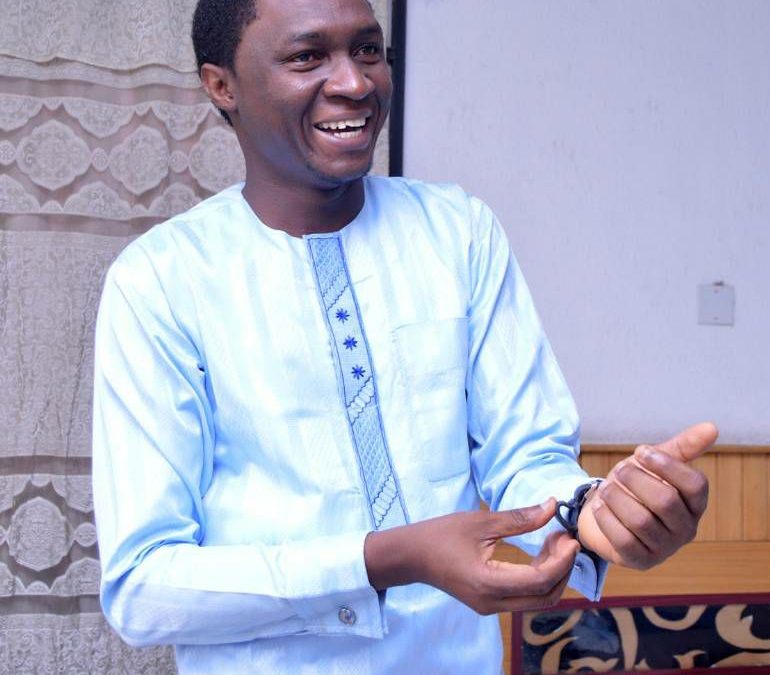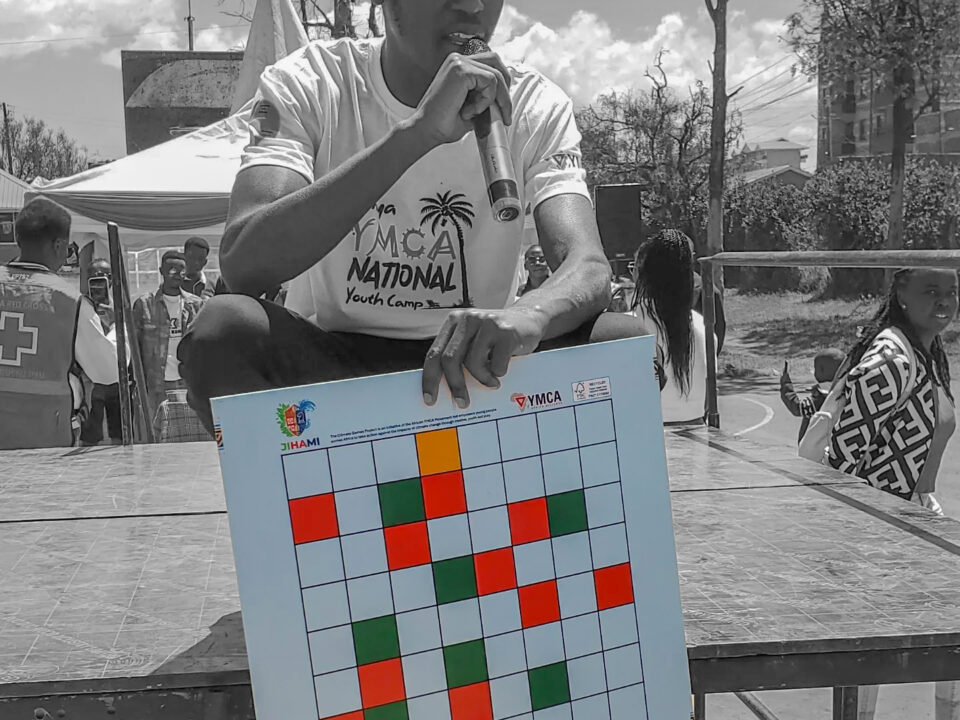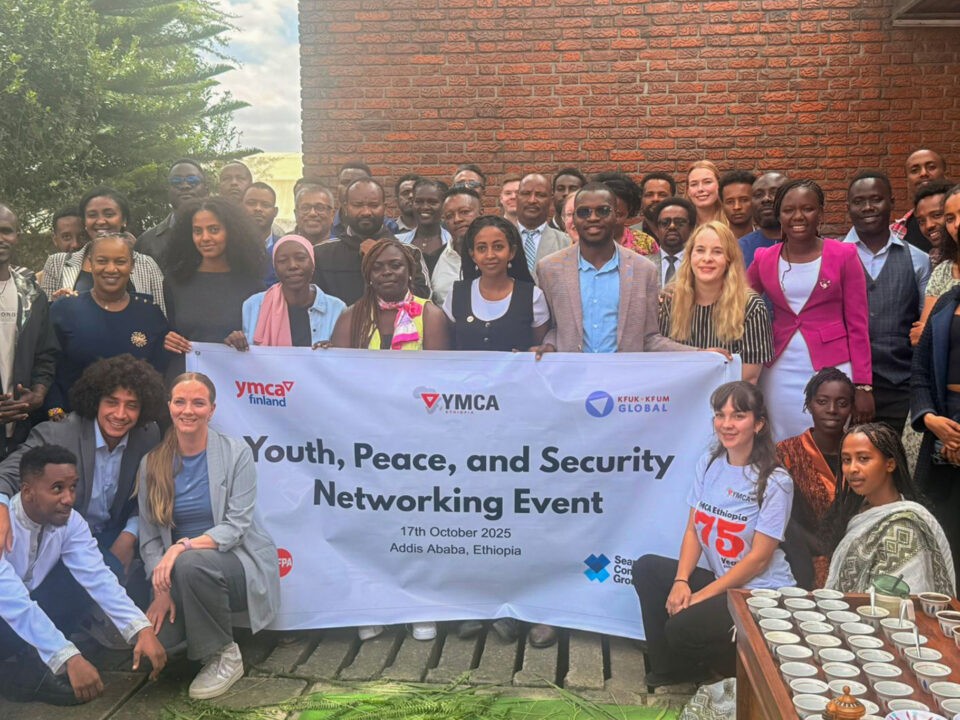EMPOWERING YOUNG PEOPLE FOR GOOD

Sexual health: anxiety without action.
05/09/2018
The plight of a rural woman in South Sudan
12/09/2018 Let me start by thanking the YMCA Western Zone for putting its money where its mouth is. By that I mean the YMCA is already acting out the theme of this conference by giving a youth the rare privilege of delivering this keynote speech. This is empowerment! More often than not, we find ourselves in a position where those advocating for youth empowerment undermine their own message by their actions and rhetoric. Youth empowerment starts with having faith in the capability of youths to deliver and trusting them with responsibility. Therefore, on behalf of the youths of this YMCA, I say a big thank you to the Zonal Executives, the Coordinator and the Youth Executives for this opportunity. Like Oliver Twist, we ask for more, and promise that the youths of the Western zone are ready and capable to deliver on these responsibilities. We will not disappoint. Thank you so much.
Let me start by thanking the YMCA Western Zone for putting its money where its mouth is. By that I mean the YMCA is already acting out the theme of this conference by giving a youth the rare privilege of delivering this keynote speech. This is empowerment! More often than not, we find ourselves in a position where those advocating for youth empowerment undermine their own message by their actions and rhetoric. Youth empowerment starts with having faith in the capability of youths to deliver and trusting them with responsibility. Therefore, on behalf of the youths of this YMCA, I say a big thank you to the Zonal Executives, the Coordinator and the Youth Executives for this opportunity. Like Oliver Twist, we ask for more, and promise that the youths of the Western zone are ready and capable to deliver on these responsibilities. We will not disappoint. Thank you so much.
The theme of this conference is not alien to many of us in the YMCA family. Our motto in Nigeria and all across Africa is ‘empowering young people for the African Renaissance.’ In fact, the theme for the recently concluded 19th World Council of the YMCA in Thailand is the same theme we are looking at today. The Keynote Speaker in Thailand, Nyaradzayi Gumbonzvanda, said, “We live in a world where the world has identified the imperative of a focus on young people as a human rights, development and human security agenda. In 2015, the Sustainable Development Goals (SGD) were adopted. Achieving each of the 17 goals requires a clear commitment and investment in young people, and addressing the gender equality issues. The future is young and is female, hence the importance of harnessing the demographic and the gender divide.” She went ahead to discuss what she called “at least 5 injustices of our time that impact young people and which are calling for our collective leadership.” They are Poverty, Climate change, violence, conflict and war, health and well-being, Child and forced marriage. I feel strongly that this is in fact correct and it shows that the challenges facing young people are similar irrespective of where they come from.
She went further to make the following recommendations to the YMCA as a whole on how to correct these injustices. They are-
- We must move beyond scaling up the status quo, to delivering a truly transformative agenda.
- Exploring approaches in which youth empowerment and rights shifts from vulnerability, to leadership and organising. Beyond positional power to influencing.
- Harnessing the power of local rootedness, global reach, authentic history and massive numbers for impact and structural/systems/policy change.
- Use of evidence research in policy advocacy on social and global justice which is youth lead, beyond the provision of services
- Leveraging the power of technology and the media for advocacy and influencing.
- Deepening the safe and empowering spaces for skilling, organising and engaging.
It is a good thing that as a YMCA, our activities are geared towards empowering young people. We go further to say we do this by developing the youth’s mind, body and spirit. Therefore, we can say that as YMCA, we are quite experienced in empowering young people. The obvious question then is why are we over-flogging this issue? The answer to that is –that’s the wrong question. The right question is what is the catch this time? What is the different thing that the YMCA is trying to pass across?
Today, our focus will be on what empowerment really is, and what it should be in order to be for good. Even though empowerment is generally a positive term, some people have hijacked the term to further their sinister purposes, hence the need to have a deeper understanding of the term and emphasize its positive connotation. We shall also talk about the challenges and need of youth empowerment particularly to de-mystify the various misconceptions about youth empowerment. Finally, we shall highlight some steps to ensure that empowerment meets the need of young people and gives them an opportunity to influence the world positively.
We start by looking at some definitions of Youth empowerment. It is a process where children and young people are encouraged to take charge of their lives. They do this by addressing their situation and then take action in order to improve their access to resources and transform their consciousness through their beliefs, values, and attitudes. [i]
Another definition describes Youth empowerment as an attitudinal, structural, and cultural process whereby young people gain the ability, authority, and agency to make decisions and implement change in their own lives and the lives of other people, including youth and adults.[ii]
Youth empowerment can also be defined as the process whereby young people gain the ability and authority to make informed decisions and implement change in their own lives and the lives of other people. It is a means of encouraging youths to do great things for themselves and also to make great impact in their society.[iii]
To me, I prefer to give the simplest definition, to drive home the point I want to make effortlessly. To empower is to give power. It means giving or allowing someone to use power. Power itself is the ability to do something, to influence or outright control the behaviour of people. To empower young people for good therefore means to give young people the ability to influence the society positively.
The world is essentially a power play. What we have been witnessing is a power structure where the youths are on the lower rungs. Everyone wants power, influence and control- for good or for evil. Youths have also been seeking power through various means. Youths who partake in smoking, hard drugs, alcohol, gambling, cultism, violence, fornication and other vices often justify their actions by saying those things give them power or at the least makes them feel powerful. We all know those ‘big boys’, ‘area boys’, ‘garage boys’ etc in our areas who purport and appear to be above the law, they ‘control’ the area. Strength is empowering. Boko Haram, the terrorist organization that continues to ravage Nigeria has a lot of youths in its rank. Guns are empowering. “Yahoo boys” are the internet fraudsters that dupe innocent foreign and local victims of their hard-earned money. We cannot ignore the stories of young people embracing fetish practices for money. Some have gone up to the level of using fellow human beings for money rituals. Most of the armed robbers are youths. Money is empowering.
When our politicians even talk about empowerment, they talk more in terms of giving guns to young people to act as political thugs and social media warriors, when they win elections, they empower youths by giving them ‘transistor radios’, ‘wheel barrow’, ‘t-shirts’ etc. To them, that is empowerment. The point I am trying to bring out is that the term empowerment has been hijacked hence the need to always stress that empowerment can be for good or for evil and to focus on empowering youths for good. A world of empowered Youths will be a world where society regards young people as a greater force in nation building rather than a destructive force during election periods.
When people say youths do not have the requisite knowledge, qualification and experience to do something, what they mean essentially is that youths are not competent. Even though it has been repeated so many times, so much that some youths themselves have started believing, however, nothing can be further from the truth. This idea can only dominate in societies that are not future-oriented. Youth have contemporary knowledge of the world better than any adult. A futuristic society must take its youths seriously because their ideas are more relevant to the future.
Now, how do we empower youths for good? I am aware that there are several ways and methods. It is true that youths have different individual needs but it is also true that our needs are similar just as our challenges. Let me highlight four essential considerations in empowering youths.
- Empowerment starts with what the youths want. The youths must decide what they want. We must jettison the idea that youths don’t know what is good for them. Most times, policies and interventions for youths do not achieve what they are meant for because the needs of youths are not considered.
- Youths must be equipped to achieve their dreams. This is very central to youth empowerment. Morals, values, education, vocational skills, employment skills are the things youths need to develop and to be positively engaged in the society. Employment is a major issue facing young people. I have written about that in article for the AAYMCA titled “#InvestInYouthNow: What Investment and by whom?” I implore you to read.
- Youths must be included in decision making at all levels. Youths must not only be carried along, they must also participate actively in issues that directly impact their lives, which is literally everything in actual fact.
- Youths must be ready to empower themselves. As earlier stated, the world is a power struggle. We must demand power and where necessary hijack power. The best way to do this is to develop ourselves, make use of the limited opportunities we have, and support other young people.[vi]
Finally, I will like us to imagine scenarios of a world of empowered youths. There was a discussion on one of the AAYMCAs platforms recently on what the world of empowered youth look like. To conclude, I will share some of the responses from across the continent with you-
Tim Nyieuke (Ghana) – “A world of empowered youth will mean young people are not employment seekers after school, but entrepreneurs who create employment for themselves and their generations. A world of empowered youth will guarantee a civilized society of peace and tranquility. A world of empowered youth will also mean a world where every pregnancy is wanted and safe. Finally, I think a world of empowered youth will be a world where young people feel safe in electoral processes and offer themselves willingly to serve but not because of selfish interest.”
Daniel Phiri (Zambia) – “a world of empowered youth will be a world where young leaders are accountable and turn promises to end poverty, inequality and climate change into reality.”
Alminda Musakura (Zimbabwe) – “a world of empowered youth will be one where young people take responsibility. Being able to embrace their roots and uphold the African fundamentals and taking the responsibility of protecting the African creeds passing them from one generation to the other lest we forget our identity. A world of empowered youth is a world of accepting our differences yet leaving in harmony and fighting against tribalism.”
Mohammed Gamal Eldin (Egypt) said “a world which youth lead nations and lead mental changes, intellectual changes and everything without imposing or restricting them.”
There is no doubt that a world of empowered youth we are trying to build is eminently desirable, a world that benefits everyone. No matter how we look at it, from whatever background, belief, orientation, perspectives or viewpoint we approach it, we reach a certain conclusion that there is no demerit to empowering young people.
What does the world of empowered youths look like to you?
Thank you.
REFERENCES
[i] https://en.wikipedia.org/wiki/Youth_empowerment
[ii] https://www.definitions.net/definition/youth+empowerment
[iii] http://www.schoolmattazz.com/2017/02/youth-empowerment/
[iv] Jordan Peterson debate on the gender pay gap, campus protests and postmodernism https://www.youtube.com/watch?v=aMcjxSThD54 at 3:30
[v] A World Bank Study shows that 40% of people involved in rebel movements are motivated by lack of economic opportunities.
[vi] Ohimai Amazie’s article titled “Why Nobody Takes Nigerian Youths Seriously” Sahara Reporters, April 17, 2017 highlights how youths undercut their own progress through selfishness, incompetence, loss of integrity, unnecessary rivalry. He wrote “A recently disturbing trend is the rising wave of intolerance to dissenting viewpoints and ideologies. Come to the social media and see what young people are doing to themselves in the name of politics and the superiority contest to establish who holds the best opinion. The ‘Pull Him Down’ syndrome is a predominant characteristic of today’s youth. If it’s not me in that position, whoever else is there must be disgraced, embarrassed and pulled down.”




